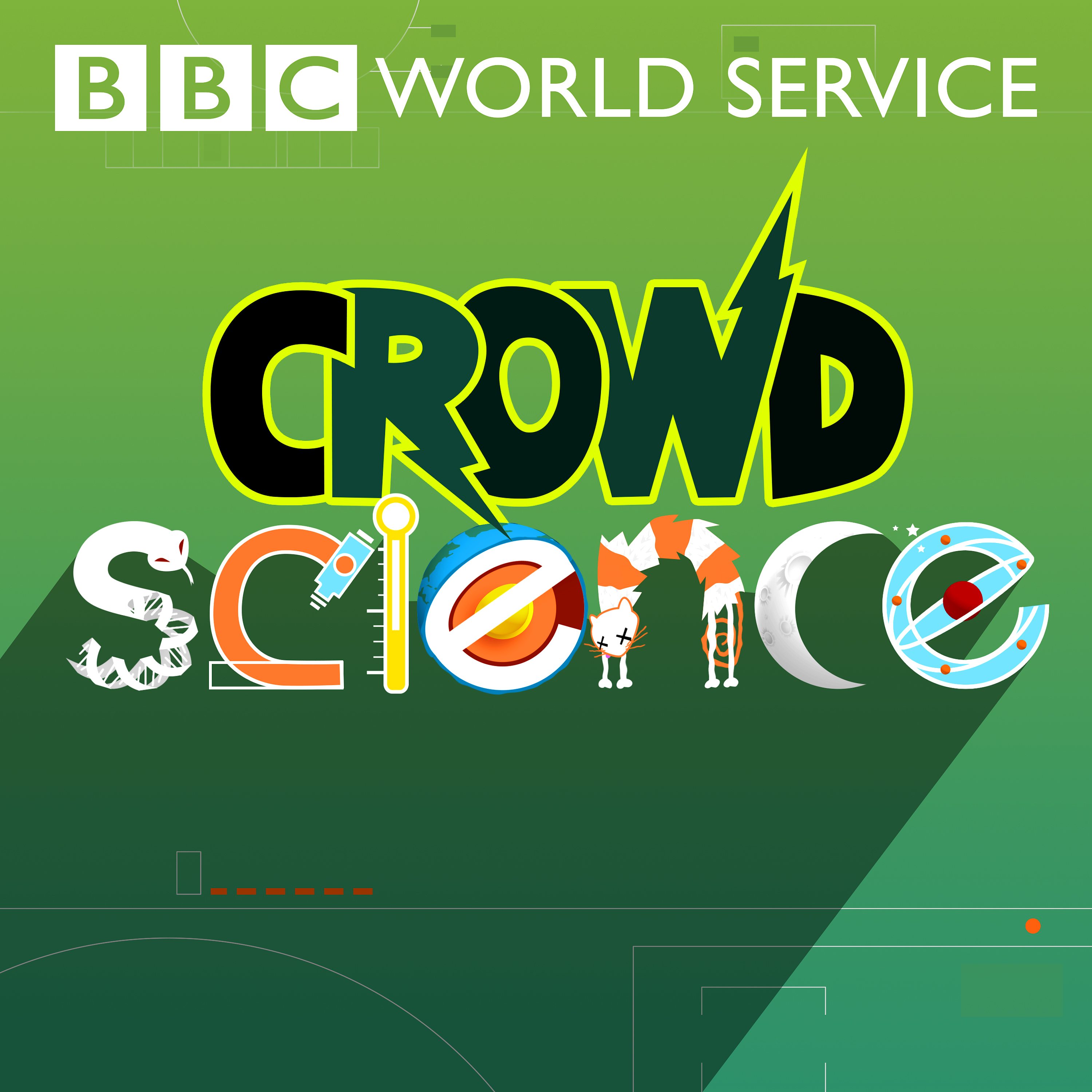
Am I related to a virus?
CrowdScience
All living things are related to each other, from elephants to algae, e-coli to humans like us. Within our cells we hold genetic information in the form of DNA or RNA. But despite viruses sharing these molecules, many scientists don't consider them to be 'life'. Viruses cannot reproduce on their own, but some can insert their DNA into a host to pass genes sideways through the branching tree of life. As a result, viruses’ relationship with life is.... complex. Two of our listeners had viruses on the mind, so they sent in the same question to CrowdScience. Senan from Singapore and Melvin from South Africa want to know how viruses began to see if this can tell us whether they shared a common ancestor with humans. To dig into this complexity Marnie Chesterton speaks with an expert on Koala genetics – Dr Rachael Tarlinton. Koalas are in the middle of tackling a retroviruses, a type of virus that plants DNA into our cells as a reproduction strategy. Her research could reveal why humans life has so much viral DNA within our genomes. Marnie speaks with a computational biologist Professor Gustavo Caetano-Anolles, who has found a new way to trace the family tree for billions of years using proteins common to all life on earth, and speaks with Professor Chantal Abergel who paints a picture of how viruses went from being the losers of evolution, to being highly successful parasites of cells. If you have a question for CrowdScience, please email: [email protected] Produced by Rory Galloway Presented by Marnie Chesterton Contributors: Dr Chelsey Spriggs - Postdoctoral fellow at the University of Michigan in the USA Dr Rachael Tarlinton - Associate Professor at the University of Nottingham in the UK Professor Gustavo Caetano-Anolles - The University of Illinois in Urbana Champagne, USA Professor Chantal Abergel - Aix Marseille Université in France Graeme Dick - Head Keeper, Longleat Zoo and Safari Park, UKNext Episodes

Why do I blush? @ CrowdScience
📆 2020-10-16 23:54 / ⌛ 00:32:19

Why do planets spin? @ CrowdScience
📆 2020-10-09 22:00 / ⌛ 00:33:05

Why am I embarrassed to be naked? @ CrowdScience
📆 2020-09-25 22:00 / ⌛ 00:32:54

Why do we like spicy food? @ CrowdScience
📆 2020-09-18 22:00 / ⌛ 00:35:12

Why does running water make me need the toilet? @ CrowdScience
📆 2020-09-04 22:00 / ⌛ 00:30:20